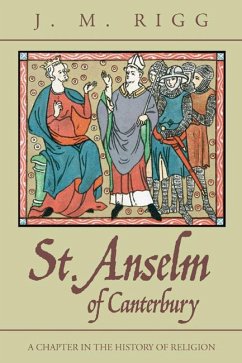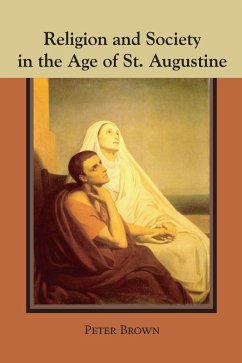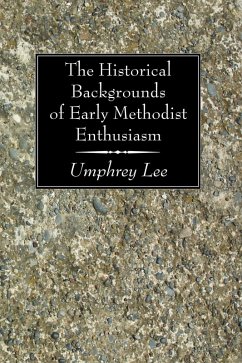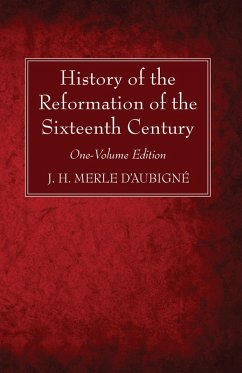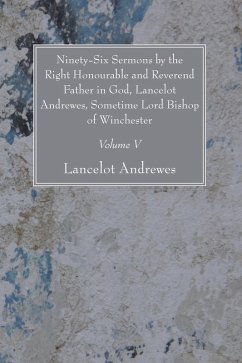Anselm of Canterbury (1033-1109), often called the Father of Scholasticism, was born at Aosta in Alpine Italy and educated in Normandy. Anselm became prior (1063), and then abbot (1078), of the Monastery of Bec-Hellouin in Normandy, France. In 1093, he was consecrated Archbishop of Canterbury in England. As a theologian, he is known above all for his three works: the 'Monologion', the 'Proslogion', and the 'Cur Deus Homo'. Anselm propounded a satisfaction theory of the atonement, a theory in which the incarnation promises relief from the strict demands of divine justice. He defended a notion of the relation between philosophy and theology that, like Augustine's, emphasized the methodological priority of faith over reason, since truth is to be found only through 'fides quaerens intellectum' (faith seeking understanding). As a philosopher, Anselm is most known for his attempts to prove the existence of God. He proposed the famous Ontological Argument in which God is understood as 'aliquid quod maius non cogitari potest' (that than which nothing greater can be conceived).
Dieser Download kann aus rechtlichen Gründen nur mit Rechnungsadresse in A, D ausgeliefert werden.

